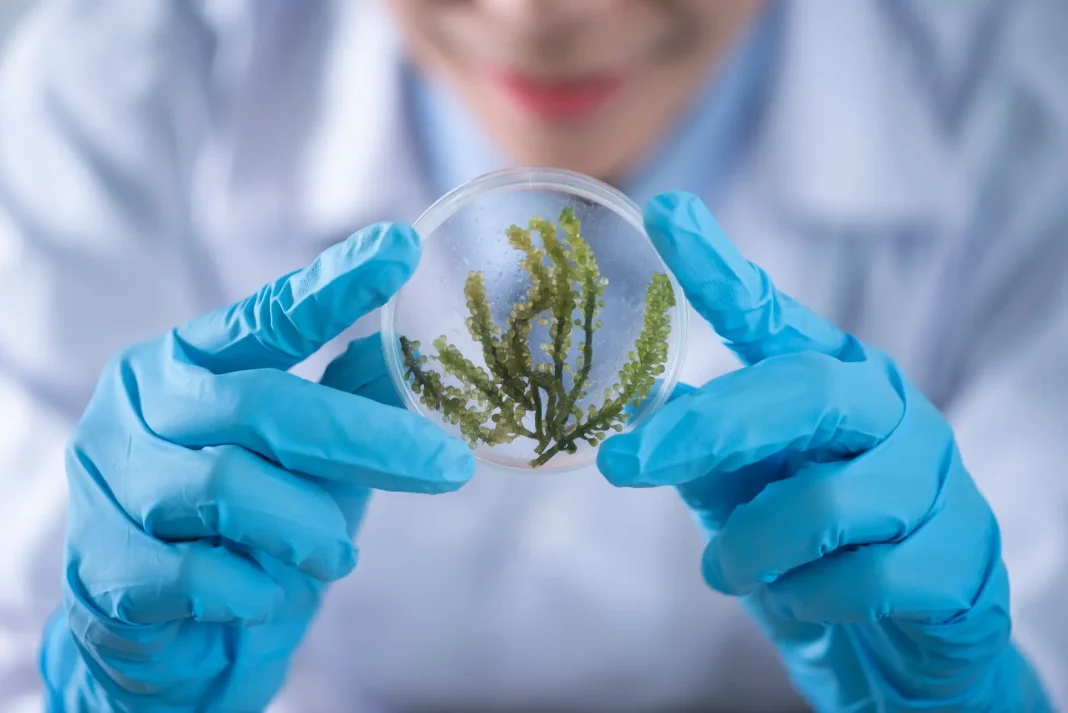Genetically Modified (GM) crops created through biotechnology have a lot to offer in terms of solving food insecurity and farmers’ rising production costs, according to agricultural experts.
According to the UN Food and Agriculture Organization, GM crops have the gene(s) added from the same or unrelated organism using genetic engineering procedures (FAO).
According to the FAO, these genes offer desirable qualities such as insect resistance, the ability to thrive in harsh and unfavorable environments, and higher nutritional levels, among other things.
Consider a GM cowpea (legume) variety resistant to Legume Pod Borer, one of the most devastating insect pests that may reduce cowpea productivity by up to 80%, according to the AATF, which spearheaded a worldwide public-private partnership that produced the variety.
To create the variation, scientists inserted a gene from Bacillus thuringiensis (Bt). This soil bacterium generates proteins that selectively kill the targeted insects while causing no harm to other living animals.
“The GM cowpea variety has helped tackle the legume insect pest, hence increasing cowpea production by 80 percent, and that is a lot of impact already,” Vitumbiko Chinoko, Open Forum on Agricultural Biotechnology (OFAB) Project Manager told The New Times last week.
OFAB is a project of the African Agricultural Technology Foundation (AATF).
He indicated that some GM crops are being grown in a couple of African countries. They include cotton in Malawi, Kenya, Ethiopia, and Nigeria, which is also growing [drought-resistant] GM maize, and cowpea.
He said South Africa has long used GM crops and had been eating GMO maize for over 20 years without incident.
According to Evariste Tugirinshuti, head of Rwanda’s Federation of Maize Farmers’ Cooperatives, drought is affecting maize production.












